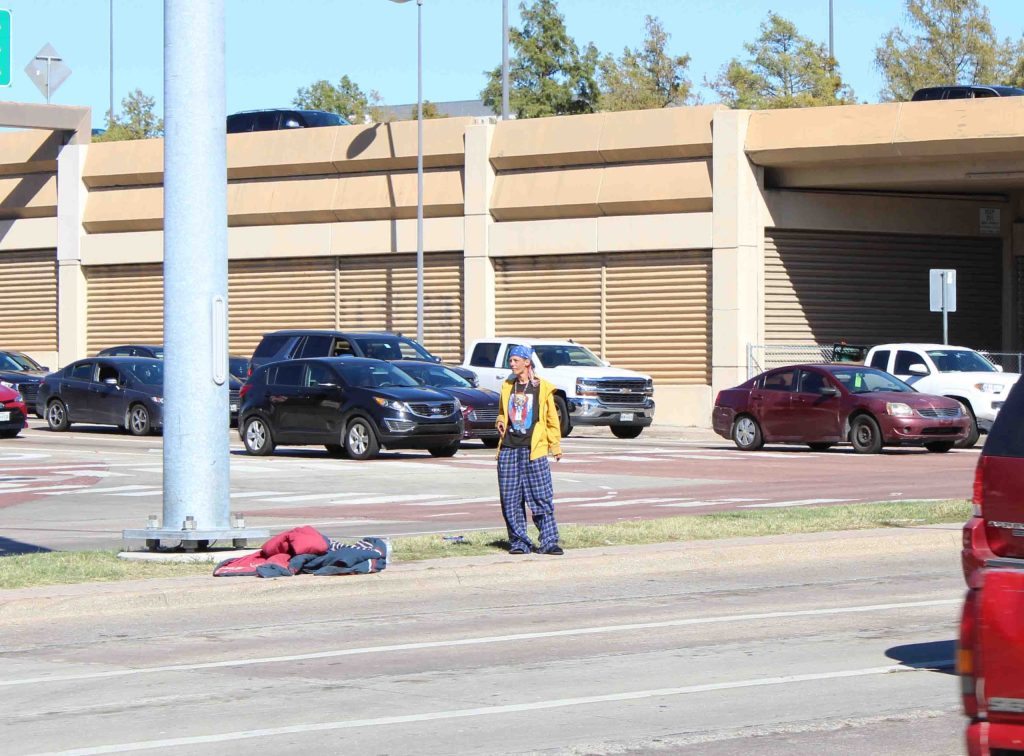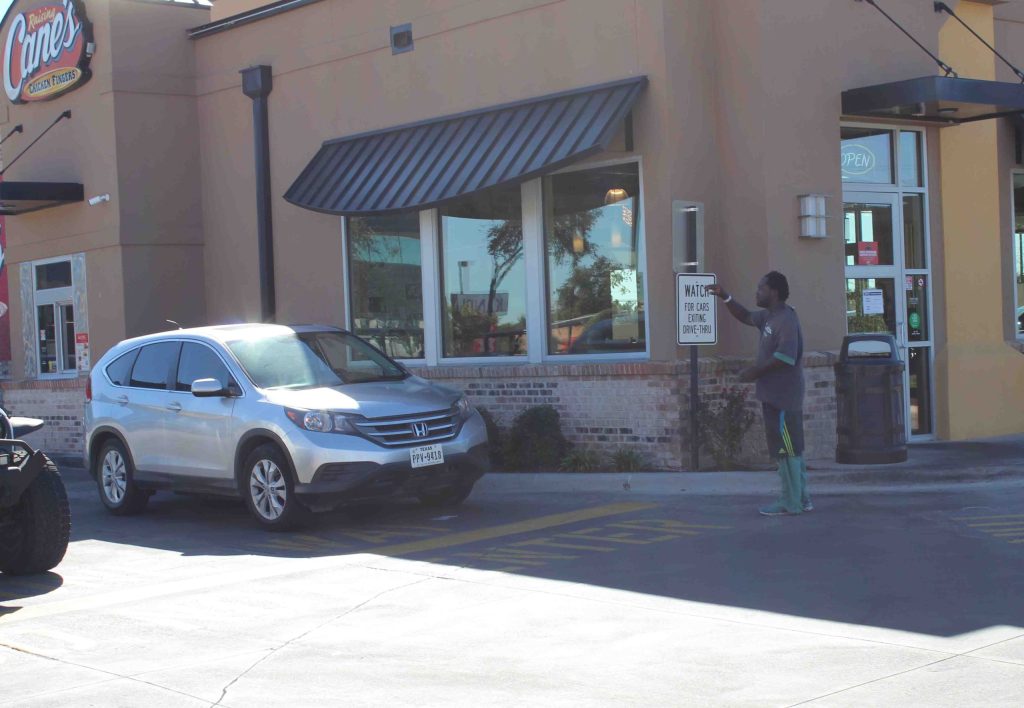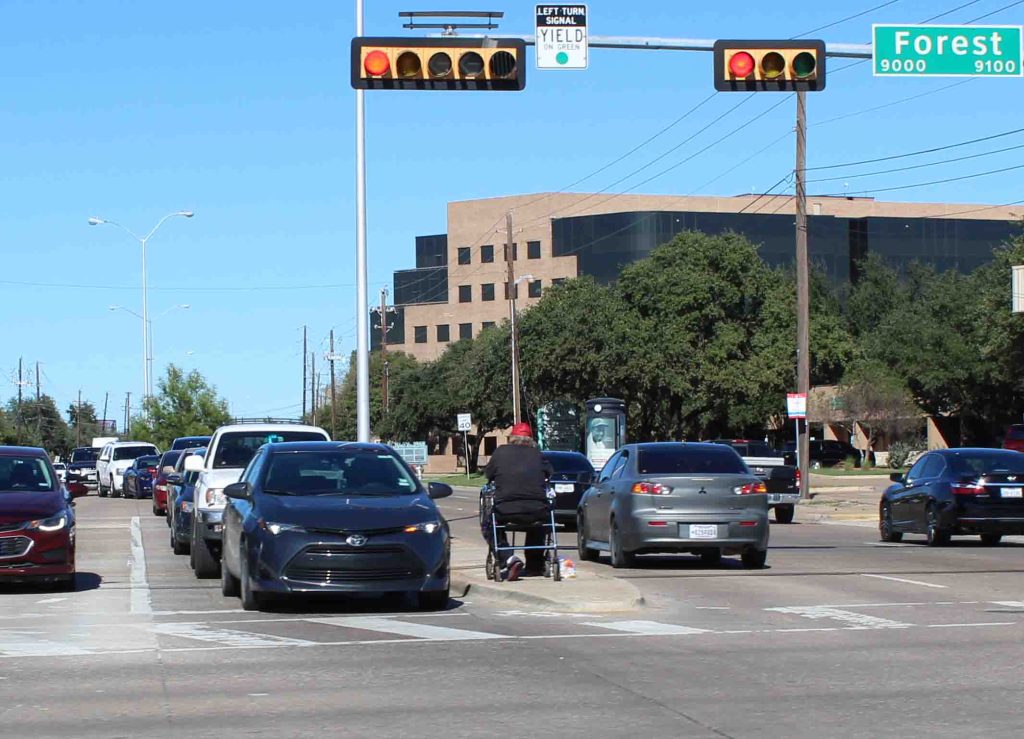City officials get it. Dallas is full of kind-hearted people pained to see disheveled, hungry people begging on the street corner. But if you’re giving cash to panhandlers, homelessness experts say you are part of the problem, not the solution.
Next month, the City of Dallas will launch a new six-month pilot program to curb panhandling. “Say no to panhandling” signs will be installed at nine intersections where motorists and neighbors have complained. Targeted areas include Forest and 75, Northwest Highway and Shiloh, and Lovers Lane and 75. On Forest Lane, previous efforts to discourage tent setup and outdoor cooking merely sent panhandlers under the highway bridge. Large rocks were installed on Lovers Lane, but panhandlers mostly moved to parking lots in nearby shopping centers.
The new signs will encourage drivers to call 311, sparking assistance by crisis management teams comprised of representatives from city departments and nonprofits. Caseworkers will make referrals to service providers to arrange aid with housing, food, mental health or other needs. A database will be created of people who are the subject of repeated calls.
Individuals who refuse help may receive citations to appear in community court for infractions such as possession of drug paraphernalia or open containers. A judge could require community service and/or participation in programs for substance abuse, mental health and other issues.
Joli Robinson, CEO of Metro Dallas Homeless Alliance, says the pilot program will aid persons living on the streets or in shelters, but it will also provide tools to well-intentioned neighbors.
“I think the most important thing for any city to include in their panhandling policy is the community education component,” Robinson says. “I am appreciative of the city in ensuring that residents know that panhandling does not equal homelessness. The holistic approach the City of Dallas is using which includes an education and awareness campaign is one of the elements of the policy that I really like the most. The interaction of caseworkers with those that may be panhandling is a good first step in really offering and providing much-needed services to those that we see panhandling.”
The signs are expected to go up next month.








